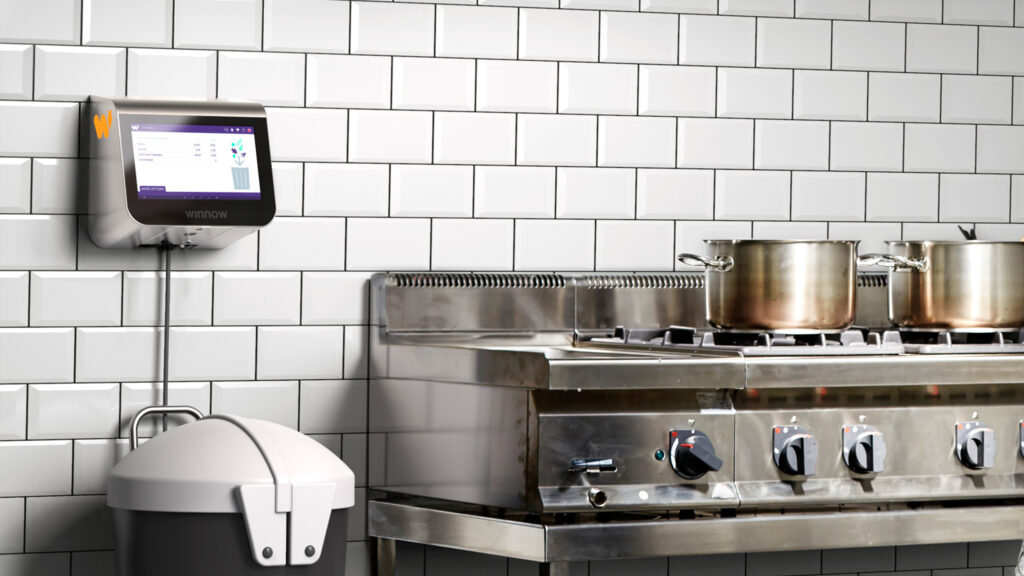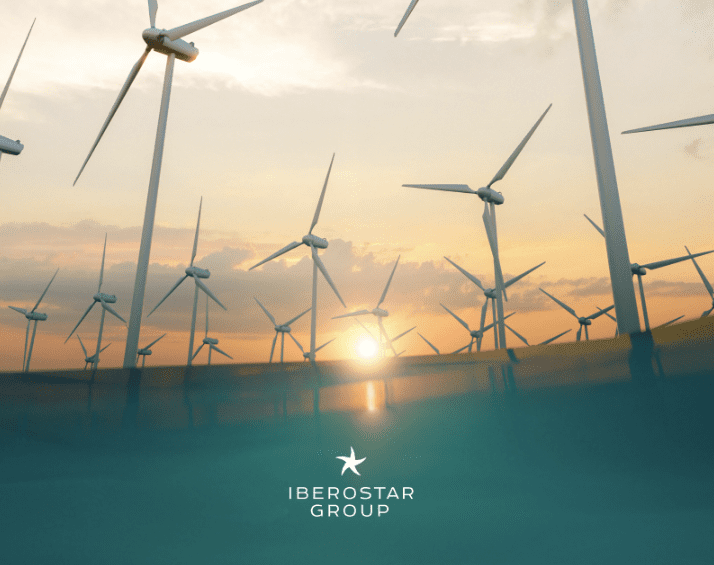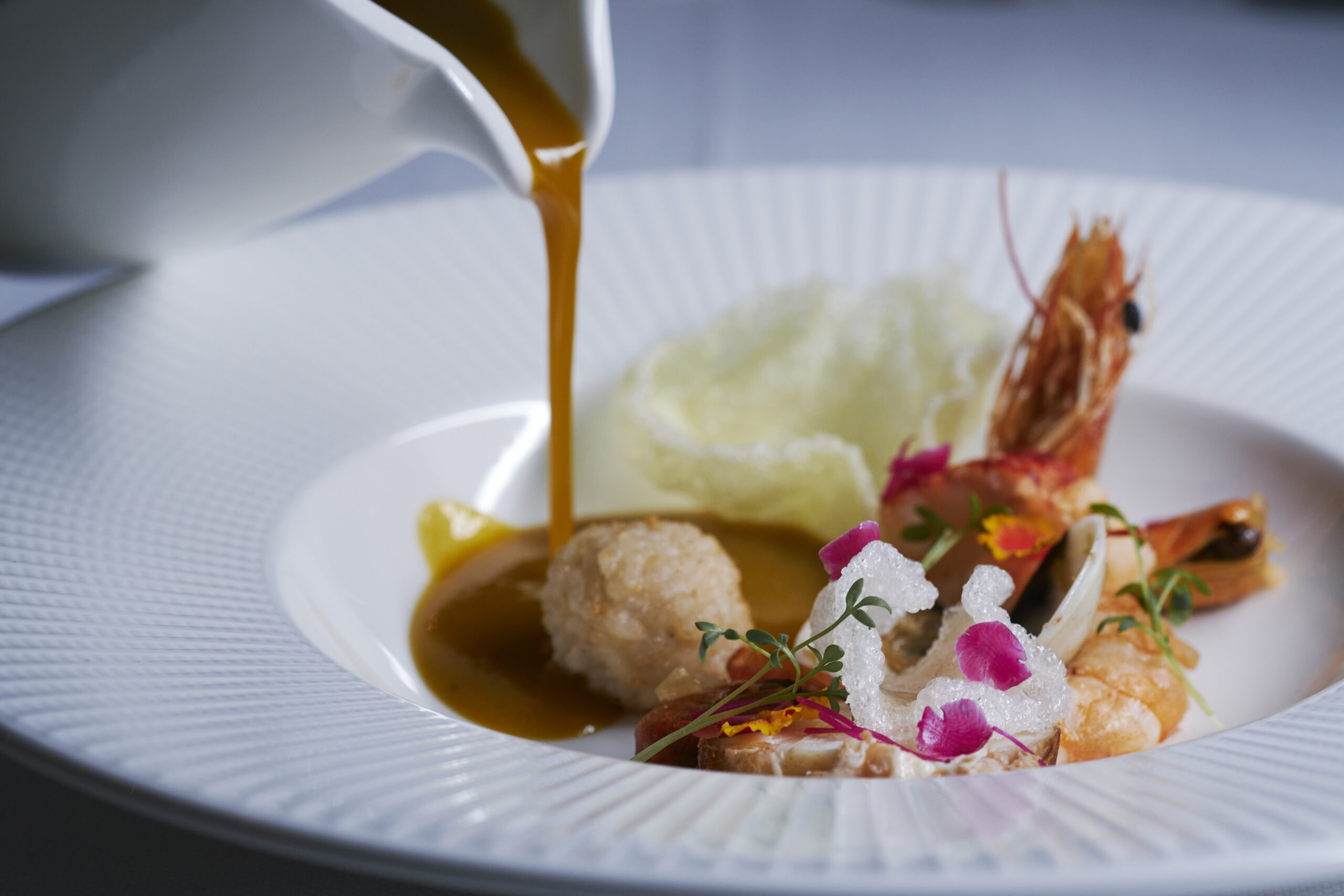At Iberostar, tackling food waste means having a system that can allow us to measure and categorize what we are throwing away. While that seems simple at first, when you bring it to the scale of an industrial kitchen with thousands of chefs worldwide as part of our incredible gastronomic team, we depend on technology. Specifically, we’re proud to be working with Winnow Solutions, a company based out of the UK that creates an AI-enabled tool that allows kitchens to automatically track food waste. Specifically, their system takes photos of wasted food as it is thrown away and uses the images to train and recognize what’s been thrown away. Over time, the system learns the habits of our kitchens and allows the data to be captured nearly automatically, increasing data accuracy and ease of use.
Companies like Winnow help not only Iberostar achieve our goals, but help achieve broader goals for the planet. For example, the UN Sustainable Development Goal 12.3 aims to halve per capita global food waste by 2030. Winnow’s mission is to save the global service industry US$1 billion in food waste by 2025. Combined with what we’re doing at Iberostar, to send no waste to landfill across our operations by 2025, we’re well on track to set new standards for businesses and the roles they play in our society.

We interviewed Marc Zornes, Co-founder and CEO of Winnow Solutions to help give some insight into the impact the tourism industry can have on food waste and Winnow’s vision for the future.
1. Where did the inspiration for developing your Winnow systems come from? What was the problem that you were trying to address?
I co-authored a research paper about the supply chain for food while at the McKinsey Global Institute. With that report came some very fascinating insights about food waste.
Three facts became undeniably clear to me:
- Too much food is wasted in the world, close to one-third of all food grown ends up not being eaten.
- Solving it will be one of the biggest opportunities we have, food wasted is worth $1 trillion annually.
- Not nearly enough attention is focused on solving this issue.
I founded Winnow to solve this problem and to enable companies to prevent food waste. Reducing food waste makes business, environmental and operational sense. In fact, it’s one of the most cost-effective investments to reduce your carbon footprint. By putting better information in the hands of operators we can empower them to make a difference. Simply put, at Winnow we believe food is too valuable to waste and that technology can help us solve the food waste problem.
2. When did Iberostar come into the picture and what were your thoughts of its role in addressing food waste?
Iberostar and Winnow started working together in Iberostar Cristina Spain in February of 2019. During this successful pilot, the team were able to successfully cut food waste by 29% before the global pandemic hit. This is the equivalent of almost 65,000 meals being saved from the bin in a ten month period.
Iberostar has set out a clear and ambitious vision to become waste-free by 2025, and I am delighted to be able to support them on this journey through Winnow. I hope this initiative by Iberostar will spur action across the sector, which is needed if we are to meet the Sustainable Development Goal of halving food waste worldwide by 2030.
3. How do you see Winnow’s vision for the tourism sector playing out in the future? What are things that tourism can do to contribute towards a solution for food waste?
If the travel and tourism sector aims to prioritise reaching net-zero, reducing food waste is essential. Food waste contributes up to 10% of global greenhouse gas (WWF) and is ranked as one of the top interventions to combat climate change by project drawdown.
I believe that what gets measured gets managed, and by using technology and information intelligently, the tourism sector can be made more efficient. It is all of our responsibility to make the most from our food, and leaders like Iberostar have a crucial role to play in creating change at a global level.
4. What are your next steps for Winnow? Where do you see it in the future?
At Winnow, we are working hard every day to make our technology smarter, faster and easier to use. Working with pioneers like Iberostar we hope to see system-level change when it comes to food waste before 2030.
In the future I believe every commercial kitchen will be fitted with an AI device to measure food waste and maximize productivity. In doing so we will solve the problem of avoidable food waste forever and meet the Sustainable Development Goal 12.3 to halve food waste worldwide.
In line with the goal, Winnow has set the ambitious goal of $1billion a year worth of food waste by 2025.






